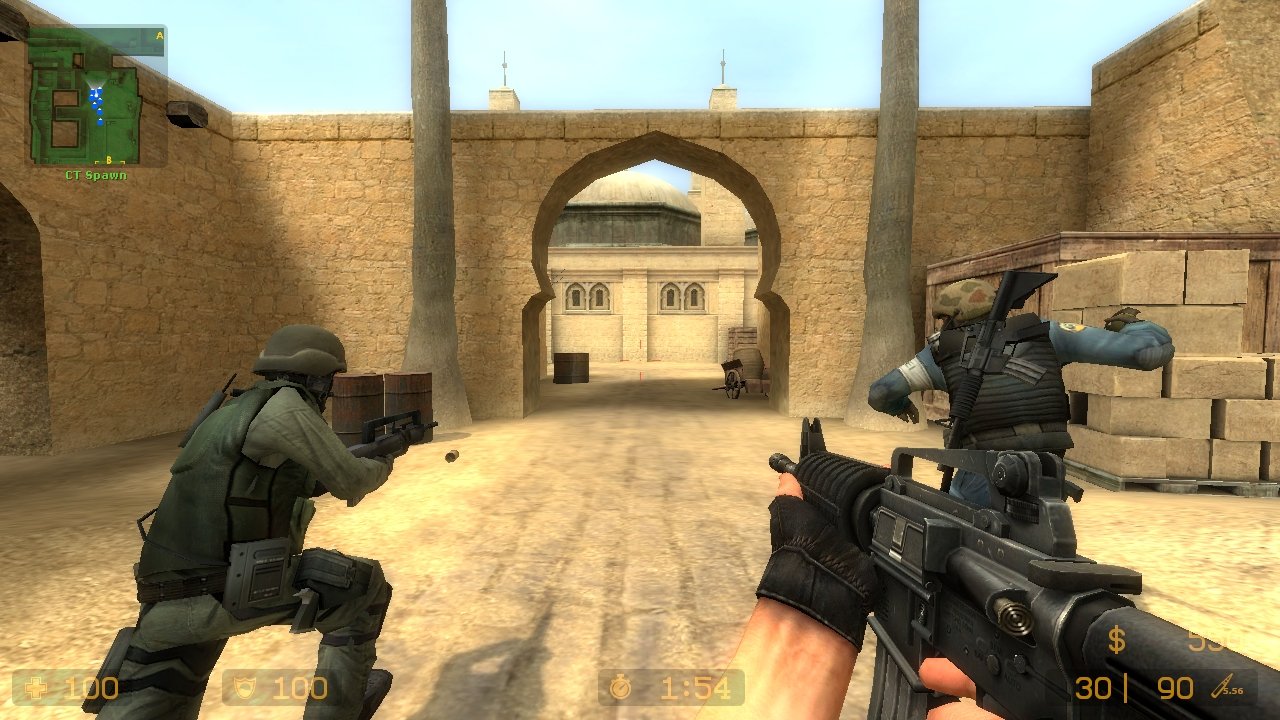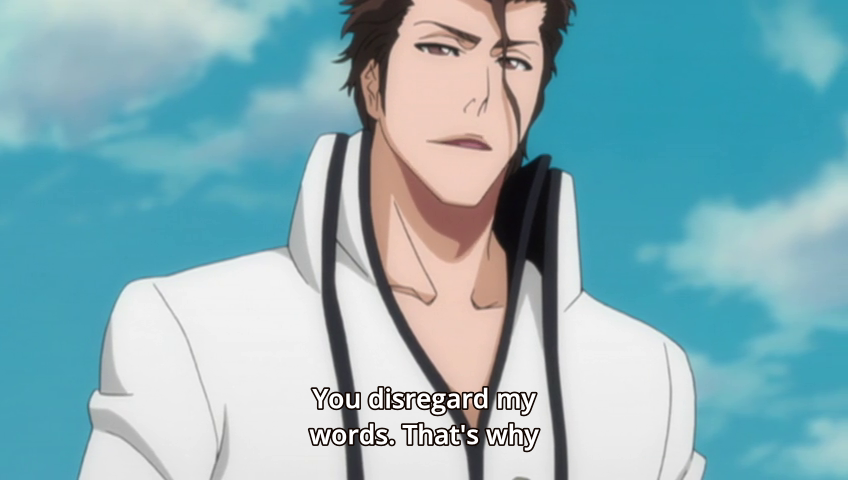One of the first games I played on a computer was Uncharted Waters 2: New Horizons.
As a quick introduction, the game starts after you select a character, who will have an affiliation to a naval nation - Portugal, England, Turkey, etc.
The main goal is to complete the character's story by completing story quests, that are typically advanced by gaining fame as an adventurer, pirate, or trader.
All characters are capable of being any of these "professions", though their main stories favour a particular type, and, consequently, each character will have skills and abilities that lean toward that type.
Nevertheless, you are free to buck the trend and fulfil your desire to become Captain Jack Sparrow or Hector Barbossa (you can even target other pirates), become a virtual millionaire by trading exotic goods (or run tried-and-tested local trade routes), even sate your wanderlust by exploring unknown parts of the world.
The maps were fairly accurate and remembering important ports' locations and information (like what goods were sold there and where the market was) helped kickstart my education on Geography.
I particularly enjoyed the free-play aspect of the game and still play it from time to time. As it was a DOS game, I've had to use an emulator - DOSBox - to play it on a modern PC.
If you've played this game before, or any like it, let me know!
Your Personality Based on Your Gaming Behaviours
How you play a game predicts how you handle real life.
Resources, exploration, formulating a plan, meeting objectives, identifying goals / milestones, keeping score, etc.
They have their parallels in real life and it's difficult to override your tendencies to do things a certain way.
For example, if you tend to think before you leap, you are less likely to do YOLO things in-game.
If you are an explorer type, you are more likely to go off the beaten path and look for side quests and interesting locations in a game.
If you like to keep updated and current when it comes to consumer goods and electronics, you are more likely to spend your in-game currency as soon as you get enough to acquire that shiny new weapon / armor.
This isn't to say that watching you play a game will allow me to have a complete picture of who you are.
Because context, companions, and frame of mind have to be taken into consideration as well.
But it can give a rough idea of your likes, dislikes, and tendencies. And that's always useful if we have to face off or interact in the virtual world.
Game Design and Making is Much More Than the End Product
I'm currently delving into a series of videos on game design and making.
Not because I intend to join the game-making community (though I'll never rule this out), but because I've been an avid gamer all my life, and I'm always interested in finding new angles and ways to make my lessons more interesting.
To get this out of the way, I think that the word "gamification" has become a grotesquely-overused buzzword that has lost its soul.
And, based on what I've witnessed so far, a lot of "game design" workshops run in local schools are just programming workshops with a gaming front cover.
The principles of making a game interesting, engaging, and fun seem secondary to producing some sort of rudimentary templated game on some standard platform.
Of course, one could argue that the time allocated is too short to produce a fully-fledged game, but then, why are there never board games, card games, or even sport-based games produced by the students in these workshops?
As huge an industry as video and mobile games is, not every game has to be digital.
I have no issue with teaching students programming and platform use, but if that's the goal of the programme, call a spade a spade and say that it's a programming workshop.
Game design and making is much more than just that.
Listen to the Words I Say. They Contain More Than You May Think.
There is something about the use of language that has always captivated me.
Supporting the words, there is the intonation and inflection, and behind them, the intent and implication.
Some are easier to pick up. Others only reveal themselves much later.
Just as certain groups and communities speak in code, both to identify themselves to one another and to exclude outsiders, I find it much easier to talk to certain people, who "get" what I'm saying and, just as importantly, what I'm not saying.
Some may call this "being on the same wavelength" or "having rapport", and there is certainly some of this involved.
More than that, there is a certain shared desire for pursuit of mastery of the language. And I believe that it is this pursuit that we identify in each other.
There is a certain scene (screenshots below) in the anime Bleach that I thought is worth exploring here.
In the scene, Aizen, the antagonist of the season, in true villainous monologue style, chastises his opponent, Yamamoto, head of the forces of "good" and the strongest supporting character of the season (because who can be more powerful than the protagonist, right?), for disregarding his warning - one that is veiled behind seemingly-inconsequential earlier explanation.
I identify very strongly with this particular scene because it reminded me of the countless times I worded carefully only for them to be missed entirely.
Barring his intensely self-absorbed, destructive, and somewhat sociopathic tendencies, I find the antagonist Aizen pitiable - for having an exceptional, brilliant mind yet not being able to find his equal for discourse and debate.
Would he have turned out differently had he found such a one?







